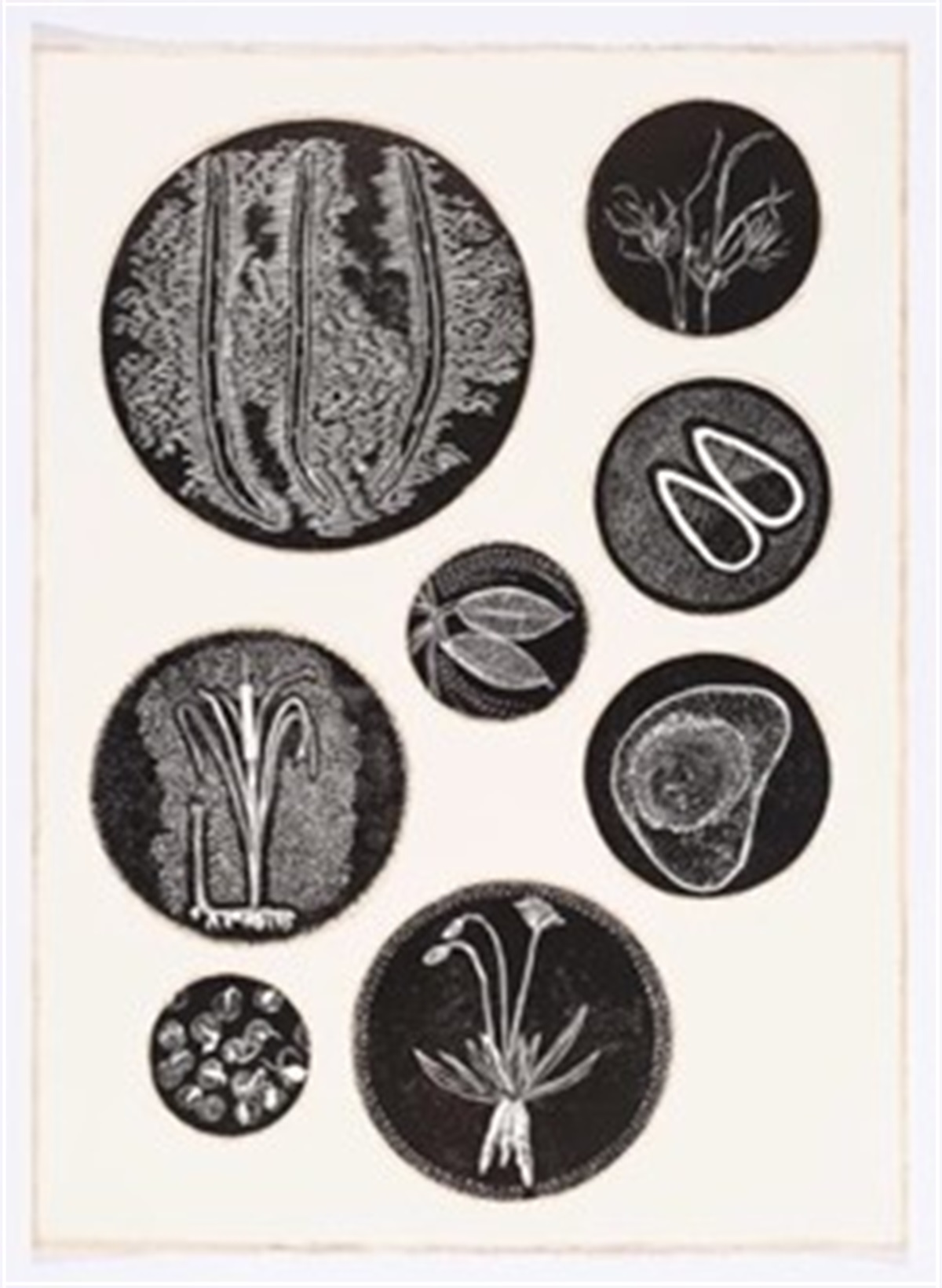Seven researchers from The University of Western Australia have received grants to investigate projects ranging from reducing plastic pollution to understanding the importance of rock art heritage sites and developing offshore renewable energy.
Professor Marco Fiorentini, from the School of Earth Sciences, received $5 million from the Australian Research Council (ARC) Industrial Transformation Training Centres scheme.
The UWA-led ARC Training Centre in Critical Resources for the Future will train the next generation of geoscientists and engineers to meet the demands of transitioning to renewable energy.
“The centre will primarily focus on training of PhD students and postdoctoral scientists to develop new methods for exploration and processing of critical metals and for extraction of these elements from existing mine waste,” Professor Fiorentini said.
Professor Jacqui Batley, from the School of Biological Sciences, is part of a team that received $5 million from the ARC Training Centre in Predictive Breeding for Agricultural Futures scheme.
Led by The University of Queensland, the centre aims to develop the advanced capacity needed to secure Australia’s food and fibre production and export value into the future.
“The centre expects to develop and integrate cutting-edge plant and animal breeding technologies and deliver world-class training that addresses critical demand for highly skilled industry leaders,” Professor Batley said.
Five mid-career researchers’ projects received almost $5 million in funding from the ARC Future Fellowships scheme.
Professor Serena Dipierro, from the School of Physics, Mathematics and Computing, received more than $1 million to tackle problems in maths analysis.
“The research will involve international collaborations and provide exchange opportunities for students,” Professor Dipierro said.
“The expected outcomes include new techniques to solve difficult problems while training the next generation of mathematicians.”
Dr Georg Fritz, from the School of Molecular Sciences, received $972,670 to genetically engineer a marine bacterium into a bioproduction platform for valuable chemicals and bioplastics.
“Potential benefits include cutting plastic pollution in our environment and providing the basis for a carbon-negative chemical industry,” Dr Fritz said.
Dr Karen Filbee-Dexter, from the School of Biological Sciences, received $838,627 to understand the benefits of the Great Southern Reef ecosystem and how kelp forests provide nature-based solutions to reduce emissions and improve coastal water quality.
“The project will measure the transport of carbon and nitrogen in kelp tissue out of the coastal zone and into deep ocean sinks and predict climate-driven shifts in these pathways,” Dr Filbee-Dexter said.
Associate Professor Martin Porr, from the School of Social Sciences, received more than $1 million to examine how contemporary heritage is created, find out what motivates tourists to visit rock art sites and what preconceptions tourists and Traditional Owners have about each other.
“This project will transform our understanding of rock art heritage sites and provide invaluable foundations for future approaches towards heritage management, preservation and communication,” Associate Professor Porr said.
Dr Wenhua Zhao, from the Oceans Graduate School, received $944,606 to develop precise prediction models for the next generation offshore infrastructure.
“The project aims to enhance capacity to advance design tools for floating wind, floating solar and offshore aquaculture to make them cost-efficient and viable, which will accelerate the development of offshore renewable energy.”
Pictured above: Associate Professor Martin Porr, Dr Wenhua Zhao, Professor Serena Dipierro, Professor Jacqui Batley, Dr Karen Filbee-Dexter and Dr Georg Fritz.







